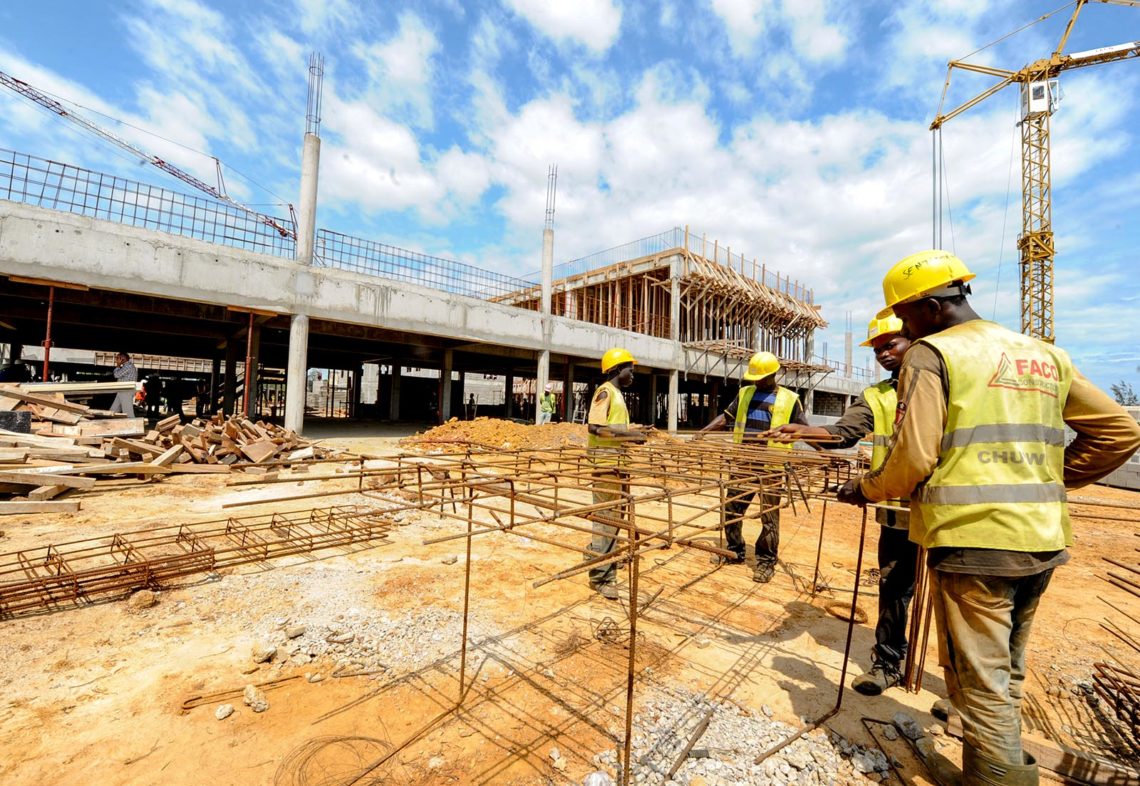Vice President Yemi Osinbajo inaugurated the National Council on Infrastructure on Tuesday, August 23 to address the country’s infrastructure challenges but it is may be a move a little too late given that the administration has a little over seven months left to hand over power to the next administration. But the move may be saved by the wisdom of establishing the Infrastructure Company of Nigeria (Infraco) and the National Integrated Infrastructure Master Plan.
The National Council on Infrastructure is planned to provide policy direction on infrastructure matters and drive the creation and sustenance of the expected synergy and linkages between the public and the private sector to enhance the implementation of the Infrastructure Master Plan, while the Technical Working Group is to provide guidance to the Council and advise on all infrastructure related matters.
Given the proclivity of successive administration not to carry on policies of erstwhile administrations, the council may just be dead on arrival.
Although the current administration scores high points on implementing infrastructure projects as evidenced by the railway projects across Nigeria; the second Niger bridge and the Lagos-Ibadan expressway, it appears slow in institutionalising infrastructure policies as seen from the over one year it took to set up the Infrastructure Company of Nigeria (infraco), and the setting up of the Council at the eleventh hour or twilight of its existence.
The brief of the infrastructure company is to leverage local and international funds for rebuilding of critical infrastructure across the country. INFRACO is co-owned by the CBN, the Africa Finance Corporation (AFC) and the Nigeria Sovereign Investment Authority (NSIA). It is designed be managed by an Independent Infrastructure Fund Manager (IIFM) that will mobilise local and foreign capital to support the federal government in building the transport infrastructure required to move agriculture and other products to processors, raw materials to factories, and finished goods to markets.
To also help the Council hit the ground running is the National Integrated Infrastructure Master Plan, which takes stock of existing infrastructure and specifically sets out the goal of raising Nigeria’s infrastructure stock to at least 70 per cent by the year 2043.
To get a sense of Nigeria’s gaping infrastructure gap and thefore the challenge before the Council, Nigeria needs an estimated N36 trillion annually for the next 30 years to solve Nigeria’s infrastructure problem. Clearly, the sum spent by the government annually on capital projects at N1.4 trillion, is significantly short of the sum needed to tackle Nigeria’s infrastructure problems. In the 2020 budget for instance, only about N1.42 trillion was budgeted.
Unfortunately, the above development puts public investment in infrastructure at no more than 9.1 percent of GDP – a level of investment that failed to keep pace with capital replacement costs and that therefore contributed to deterioration of the country’s infra- structure. The situation has been a source of concern not only within government that has the mandate for developing the economy but also among the global development community.
According to the African Development Bank (AfDB) in a 2010 study, there is widespread agreement that the inadequate physical infrastructure of the country is one of the major constraints to sustain and broad-based strong economic growth. Addressing these challenges, the AfDB notes, will require a substantially larger annual level of investment in infrastructure, a significant increase in annual allocations for routine and periodic maintenance to en- sure reliable infrastructure services, and increased attention to the institutional arrangements that support the infrastructure network of the country and the related services. Recent studies suggest that if the infrastructure endowment of Nigeria were raised to that of the Africa region’s middle income countries, it could boost annual GDP growth by about four percentage points.
The Council may get off to a flying start if takes advantage of the institutions already placed at its disposal but may fail if not taken seriously by the incoming government.We hope sincerely that it succeeds.





